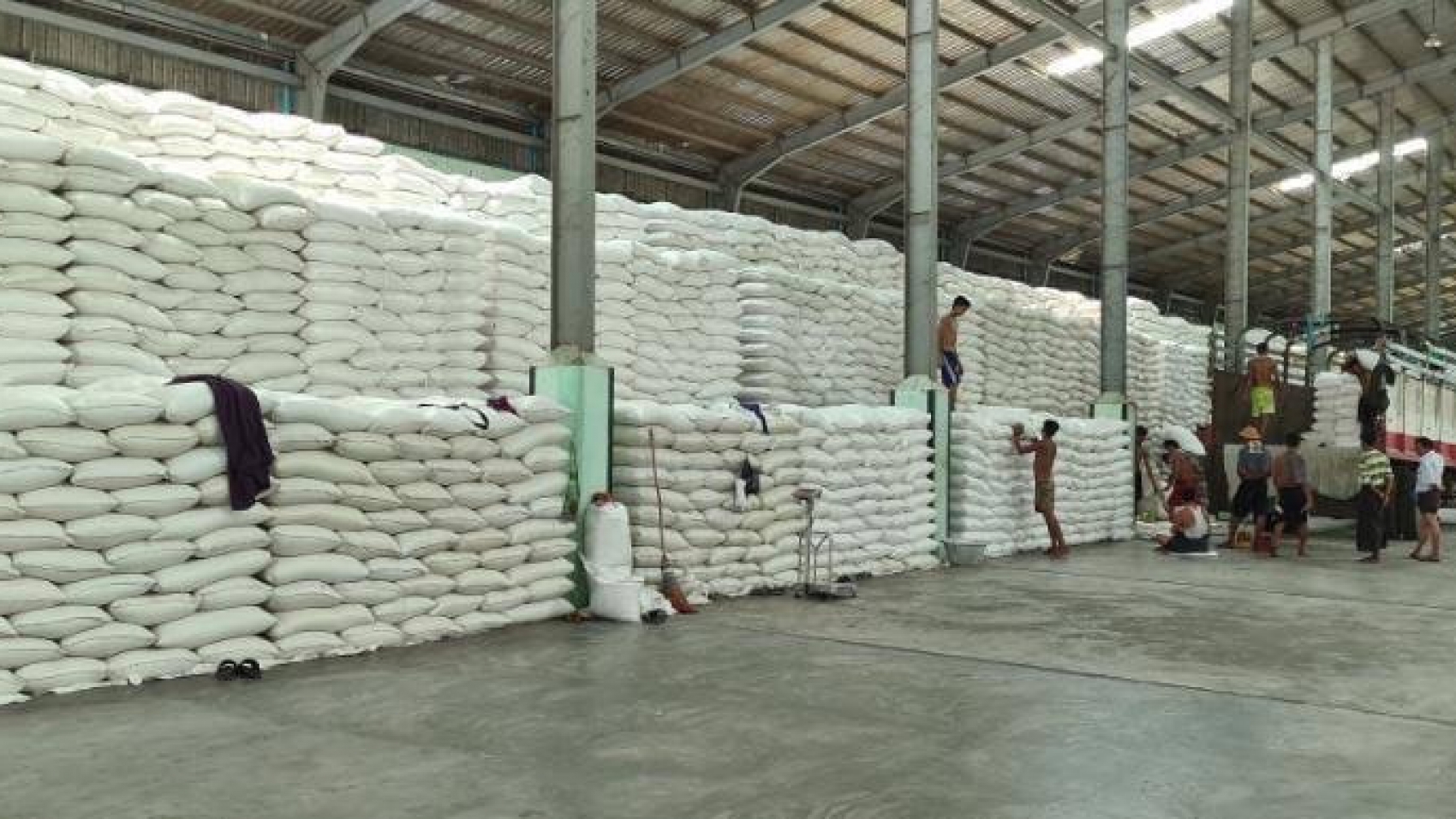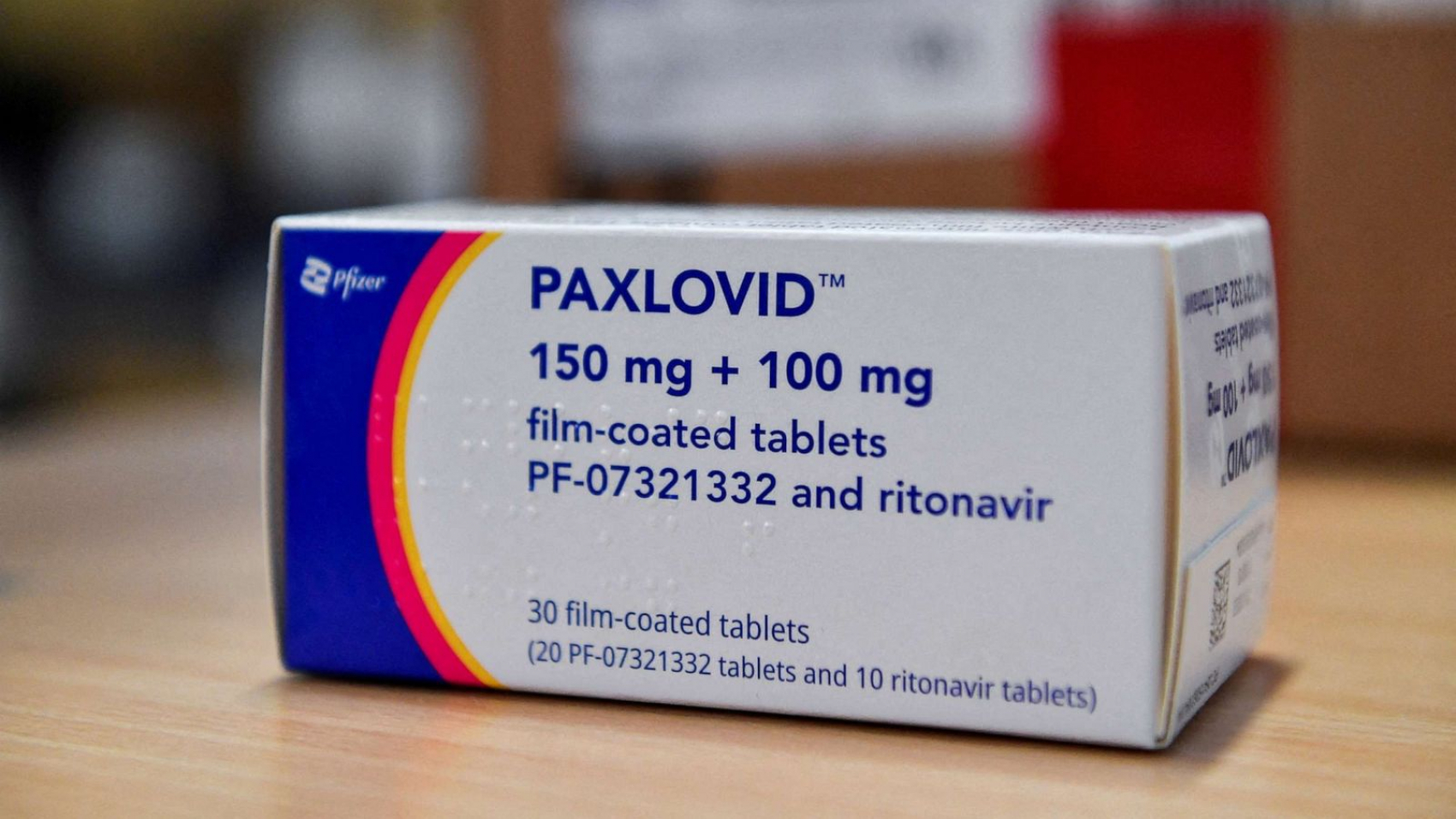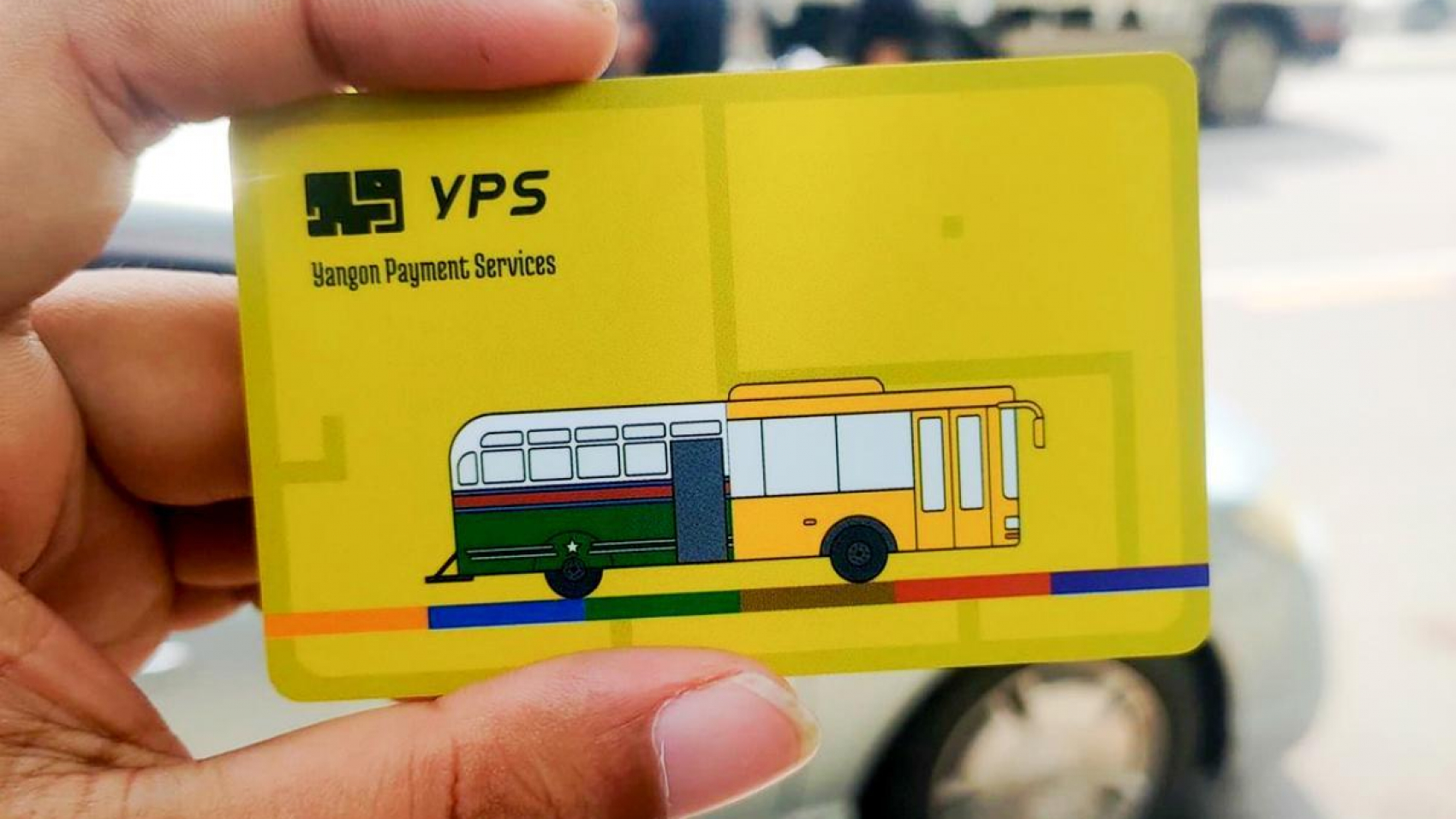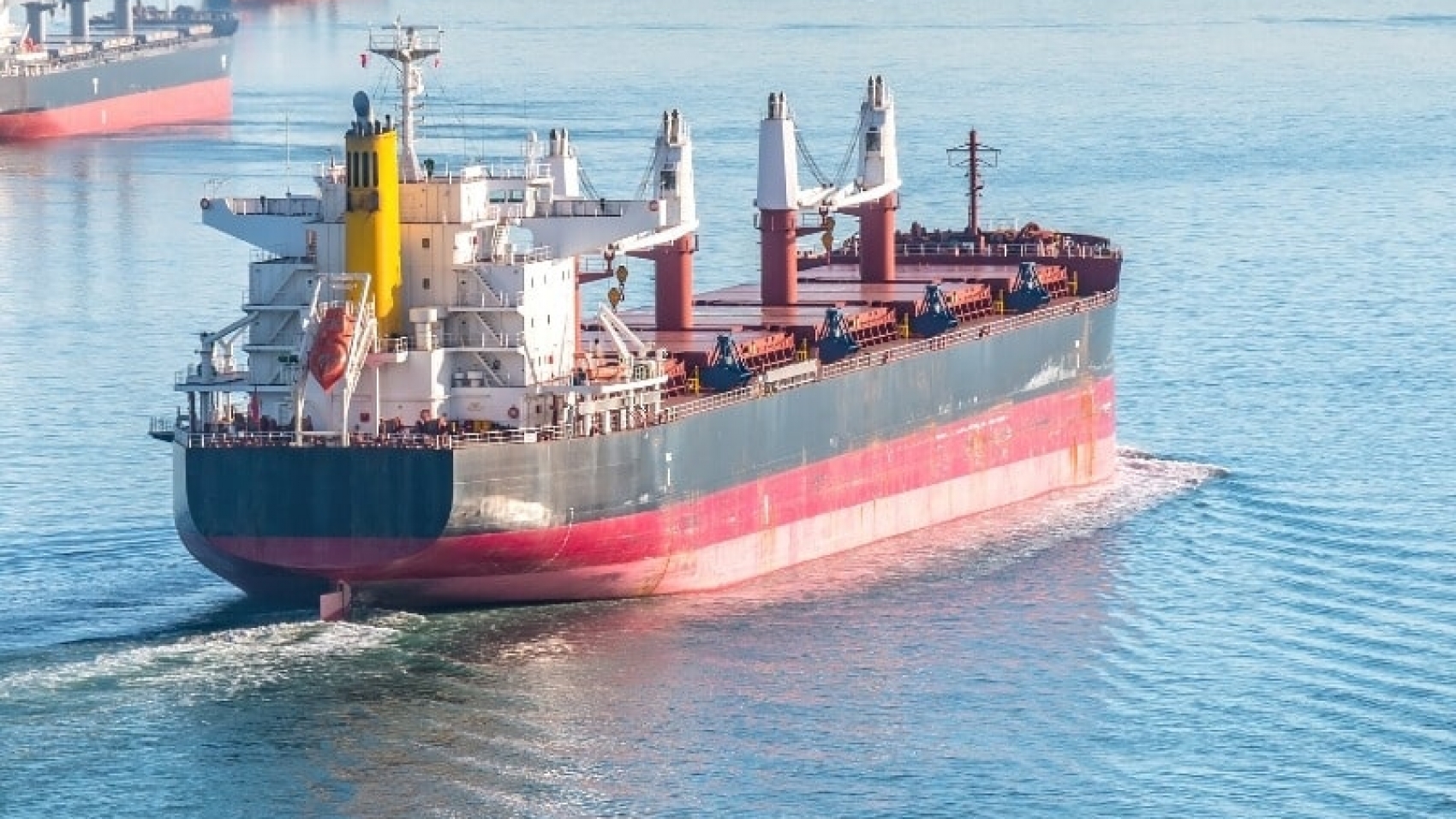A Kyat-dollar exchange rate rose to K2,900 in the black market, while the Central Bank of Myanmar (CBM) set the reference exchange rate at K2,100. In order to strengthen the domestic currency in the local forex market, the CBM set the currency trading band at 0.3 per cent for Kyat to fluctuate between these two specified upper and lower exchange rates for transactions, selling or buying on 10 August 2022. Therefore, financial institutions including banks and informal money exchanges set a dollar value of K2,100 for buying and K2,106 for selling.
In spite of the trading band, the dollar transaction was made with the buying price of K2,930 and the selling price of K2,980 in the grey market. Additionally, the hard currency US dollar hit a high of over K4,500 in the forex market at August-end. Consequently, the CBM sold dollars at its auction market for the sectors in need, to control the soaring dollar. A total of $443.8 million were sold at an auction rate in 2021 as well. Last 28 September 2021, a dollar value hit a peak of over K3,000 in the black market, pushing pure gold up to K2.22 million per tical.
Under the guidance of the Central Committee on Ensuring Smooth Flow of Trade and Goods, the Monitoring and Steering Committee on Gold and Currency Market was formed on 17 December 2021 as gold and currency market stability play a crucial role in the trade facilitation. The objectives of the committee are inspecting and prosecuting market manipulation, checking if there is compliance with payment rules in the domestic market, and proceeding against those unscrupulous traders who intend to interfere with the free and fair operation of the market under the existing laws, by-laws and regulations in line with the official directives, illegal foreign currency holding, illegal trade and taking legal actions against price manipulators.
Source: The Global New Light of Myanmar




